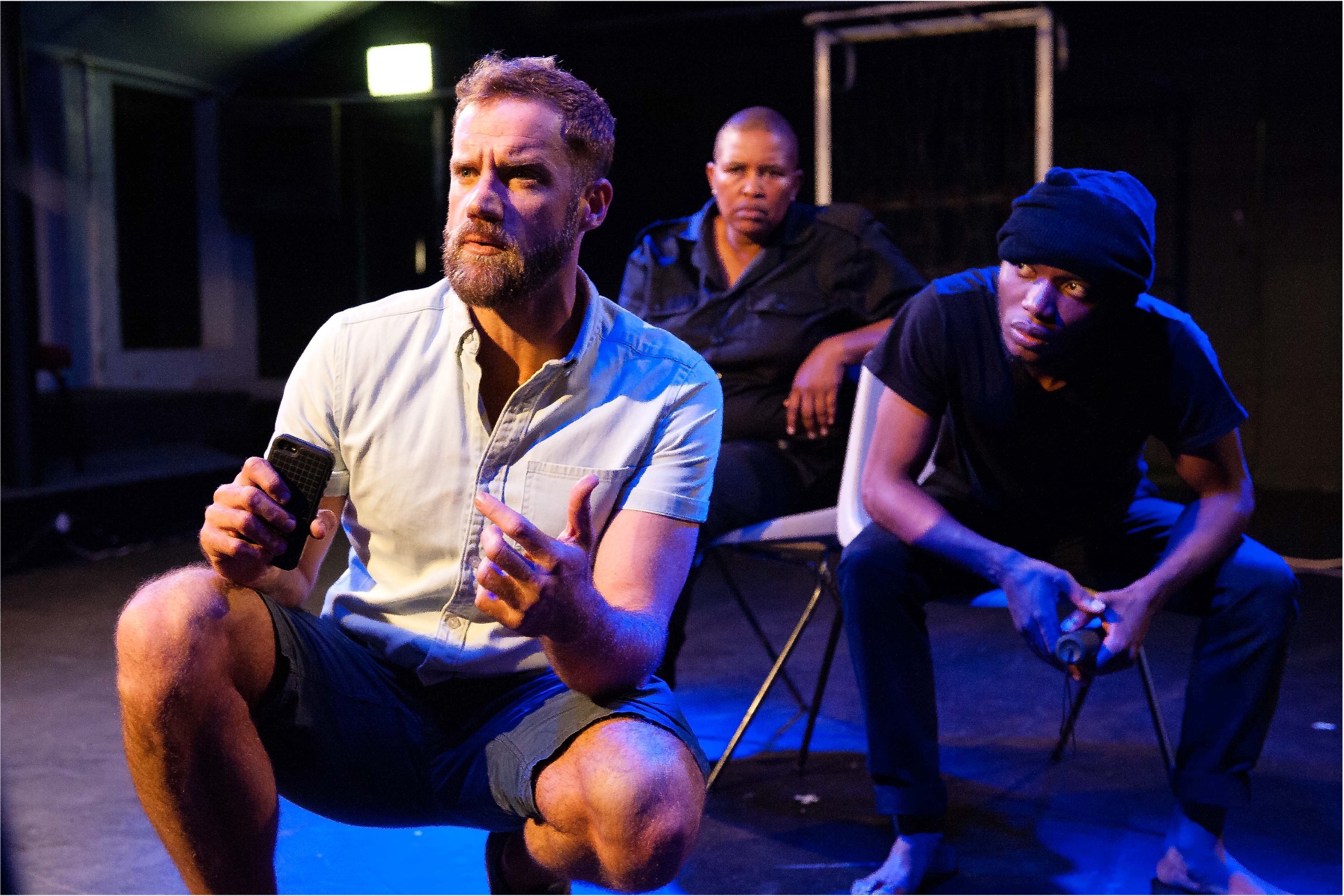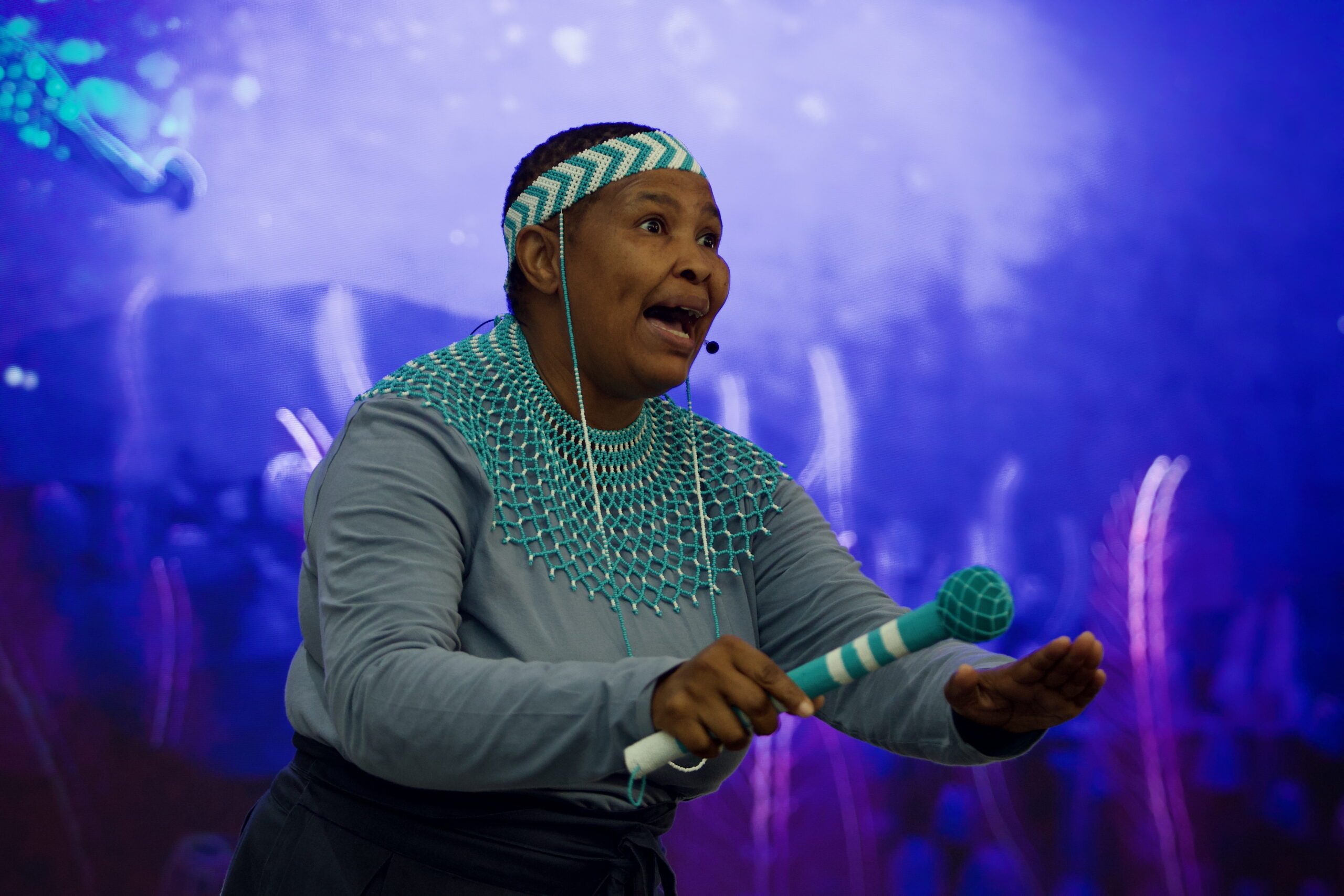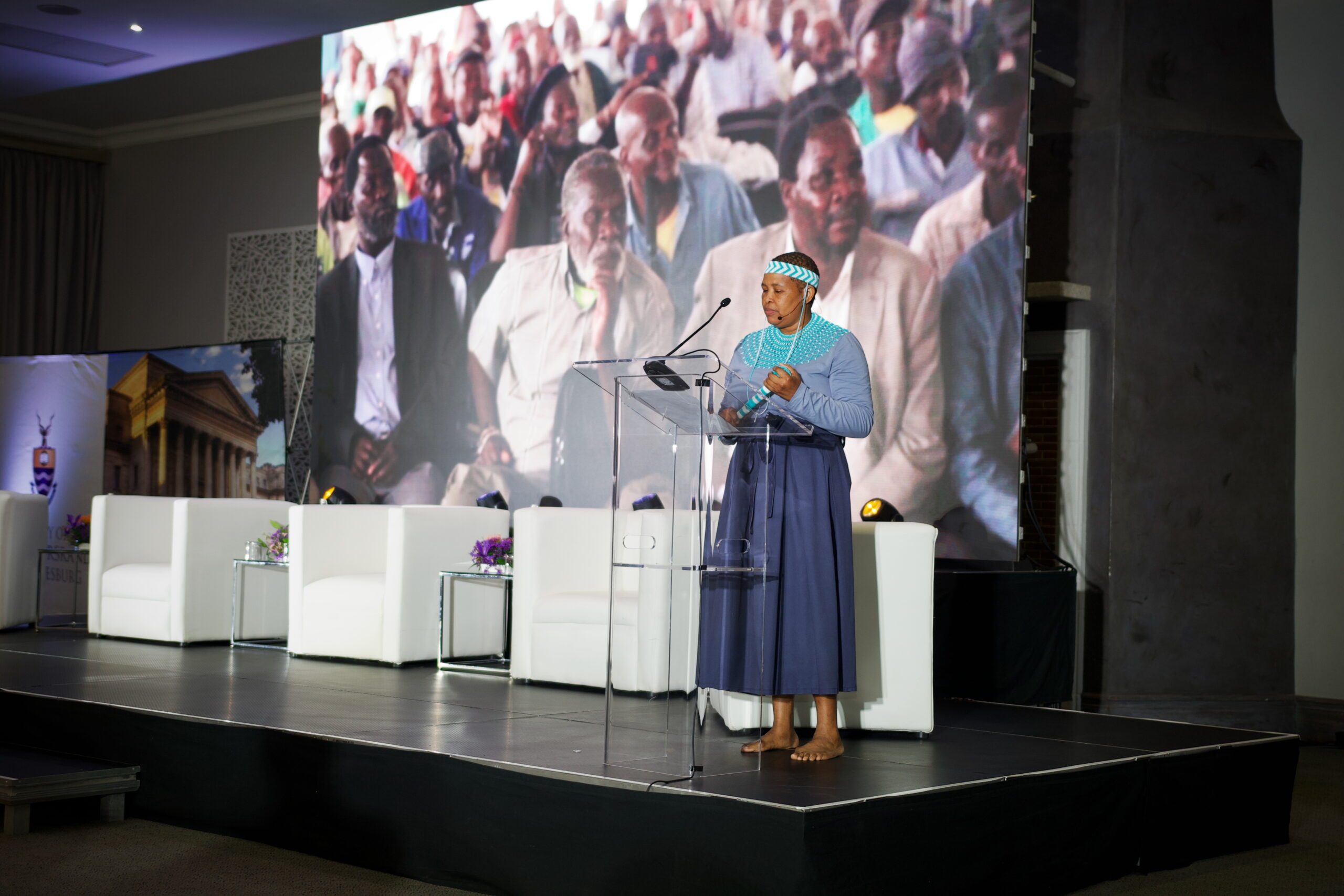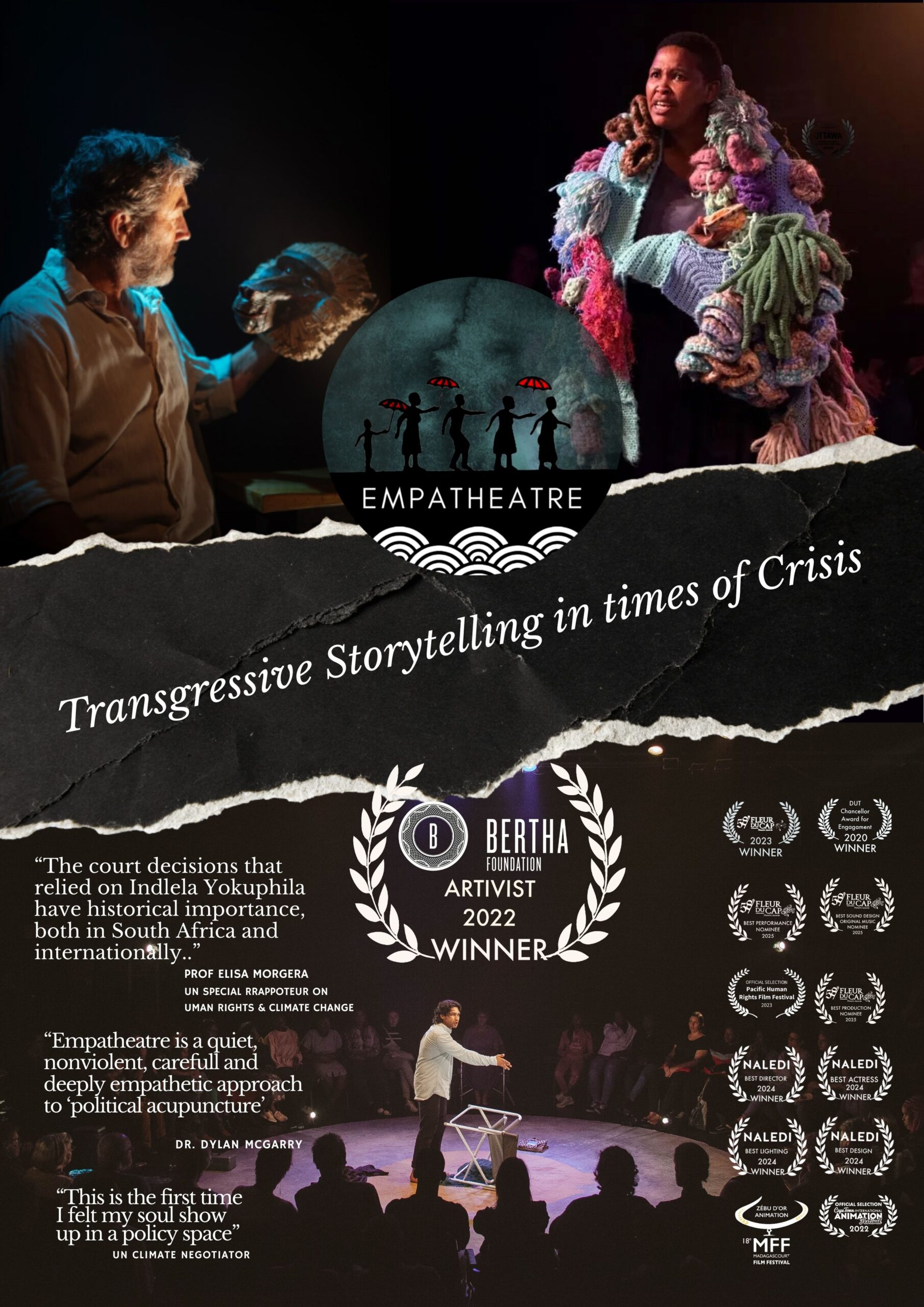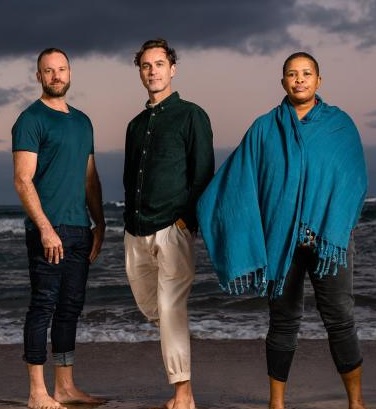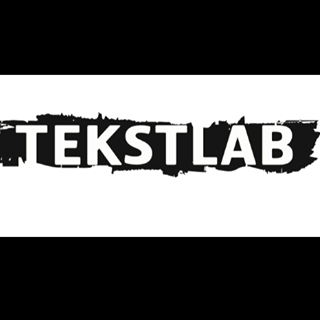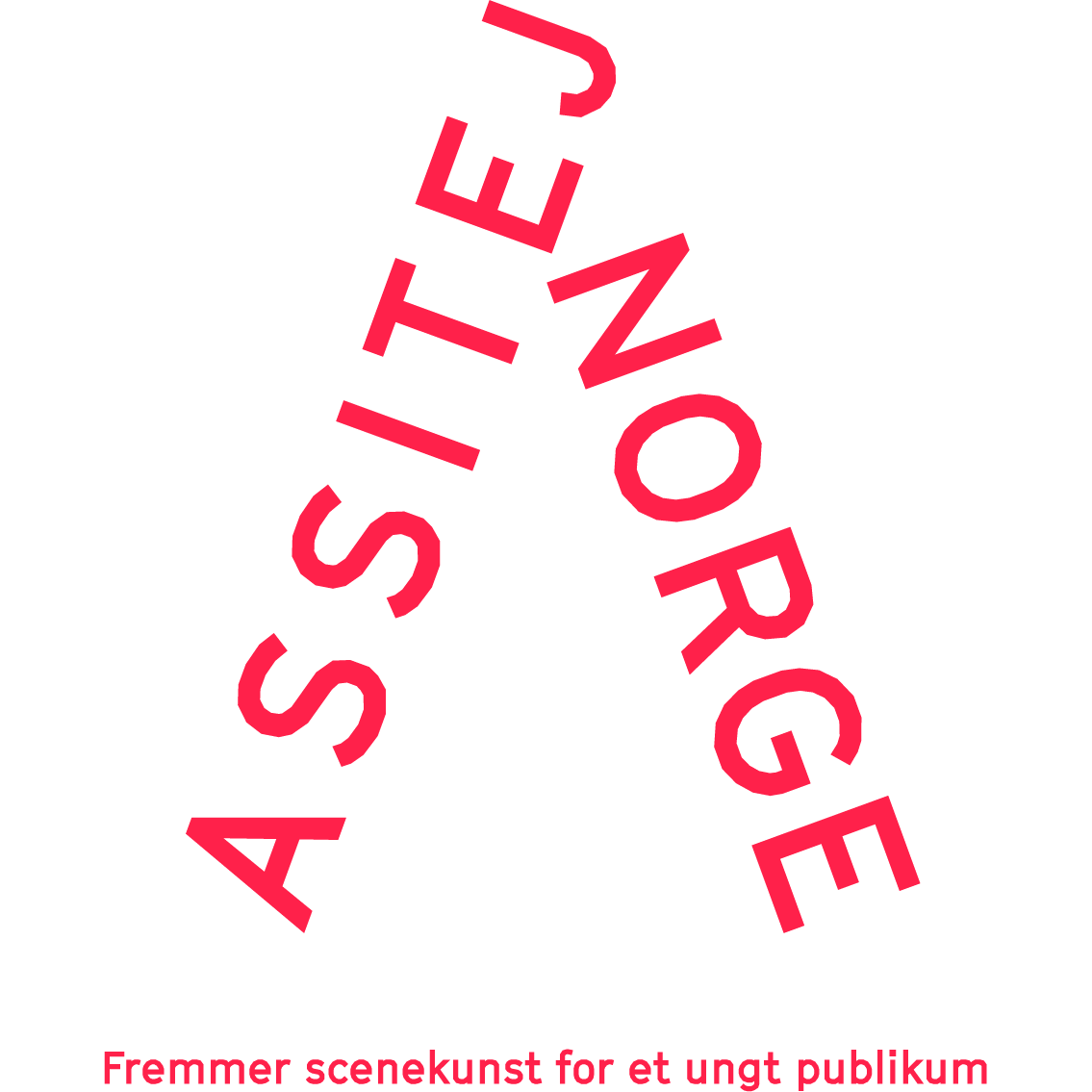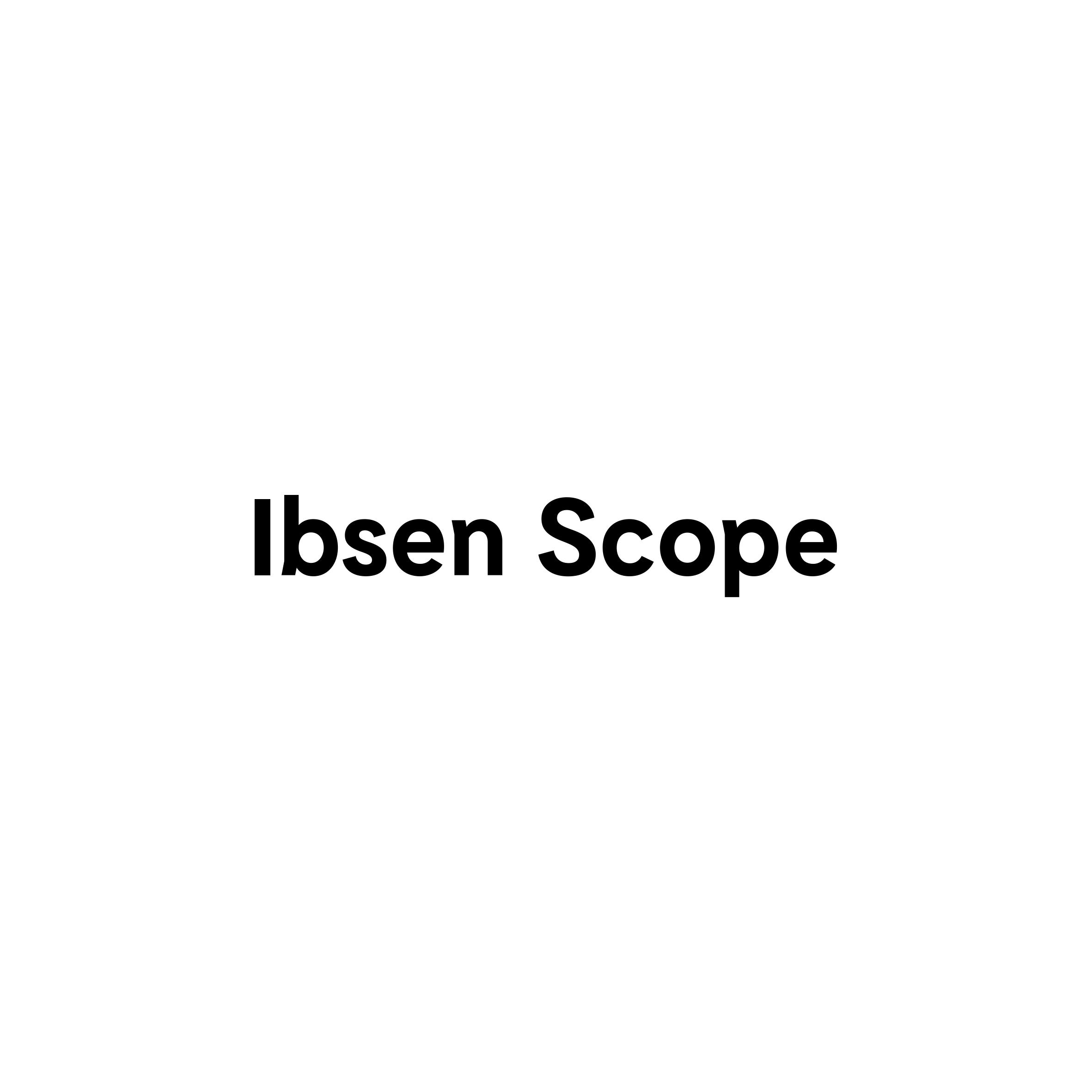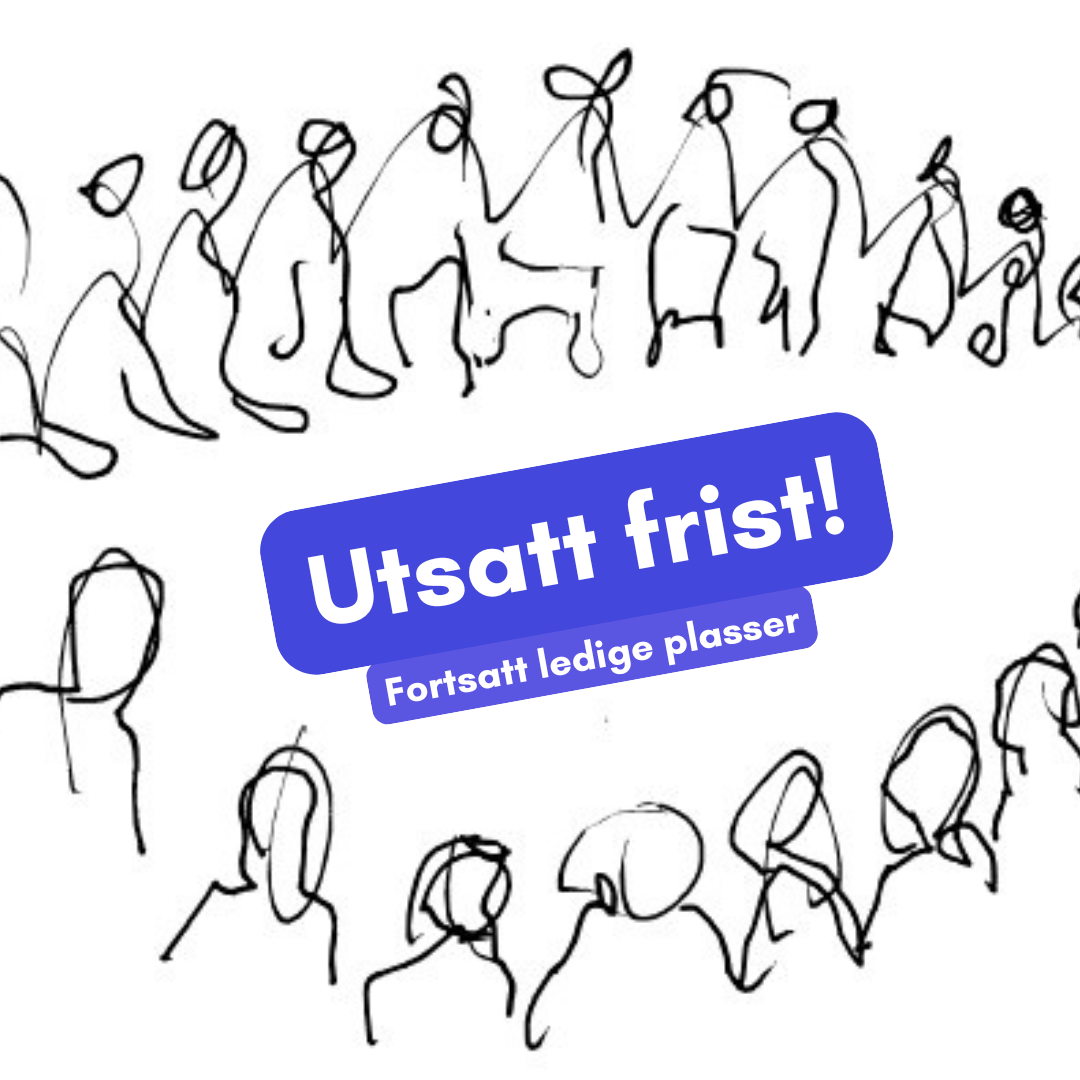
Transgressive Public Storytelling in times of Crisis
- Pris 950
- Sted Oslo
- Startdato 12/11/2025
- Sluttdato 14/11/2025
- Starttidspunkt 09:00
- Sluttidspunkt 14:00
På denne workshopen får du muligheten til å jobbe med den sør-afrikanske gruppen Empatheatre. De har utviklet en metode for deltakende teater og historiefortelling som har som formål å drive frem sosial og miljømessig endring. Arbeidet deres har blitt benyttet i rettsaker, og de har flere ganger opptrådd i FN-sammenheng.
Gruppen går inn i konfliktsoner -og situasjoner for å bygge bro med arbeidsmetoder som forener forskning, aktivisme og samfunnsengasjement. Som navnet tilsier står empati sentralt i arbeidet.
Bli med på en inspirerende og rik workshop på Gamle Munch. Deltakelse trenger ingen forberedelse, bare nysgjerrighet og lyst til å endre verden!
Arbeidsspråk på kurset er engelsk.
This workshop with Empatheatre (South Africa) invites participants into a call and response process, where structure is balanced with responsiveness. While each day has a framework, we encourage participants to steer the enquiry: their questions, concerns, and lived realities shape the work. This ensures that Empatheatre principles and practices are always meeting context, rather than becoming didactic or prescriptive.
The workshop uses Empatheatre’s unique methodology to develop collaborative intelligence that supports not only academic rigor, but also political, cultural, emotional and spiritual depth in public storytelling and research theatre. Drawing on a decade of transgressive and transformative arts-based artivism, participants will engage with case studies, dialogical tools, and collective theatre-making practices that explore social and ecological justice in risk-laden and shifting environments.
For more on Empatheatre’s body of work: www.empatheatre.com.
Drawing from 10 case studies of our previous work, the workshop will entail:
Day 1
Co-defining Matters of Concern
– Establishing shared questions and pressing issues from participant contexts.
– Introducing the practice of building a living archive to hold stories, data, histories, and testimonies.
– Developing a synthesis document as a working reference point.
– Researching the chosen matter of concern together.
– Exploring reflexive ethics of care in relation to public storytelling and collective research.
– Drafting a first script fragments rooted in participant enquiry.
Day 2: Building an empathetic universe
Call & Response Process
– Deepening the workshop’s core methodology: shaping the process as a dialogue between participant enquiry and facilitator response.
– Exploring how collective enquiry resists didactic or top-down approaches.
Stage Design
– Thinking into connective aesthetics to consider how space can support enquiry, dialogue, and collective imagination.
A Central Image
– Working towards the creation of a shared symbolic or theatrical image that captures the heart of the concern.
Day 3: Storytelling as a political act
Shaping an Advocacy Strategy
– Translating research and stories into actionable, ethical strategies for advocacy.
– Identifying the audiences, communities, and institutions that stories must speak to.
Working with Ritual
– Exploring embodied, cultural, and spiritual practices as part of theatre-making.
– Using ritual to root storytelling in grounded, ethical ways.
Sculpting an Audience with Ears
– Examining the politics of participation and wit(h)nessing
– Designing encounters that create mutual accountability between storytellers and audiences.
Political Acupuncture
– Identifying leverage points where theatre-based interventions can shift discourse, policy, or collective consciousness.
Preparation
No preparation needed.
Working language
Working language is English.
In collaboration with TekstLab, Assitej Norway and IbsenScope.
Studentpris
Dersom du er fulltidsstudent, har vi studentpris til kr. 250,-. Bare huk av i søknadsskjemaet at du er student og hvilken skole/linje du studerer ved.
